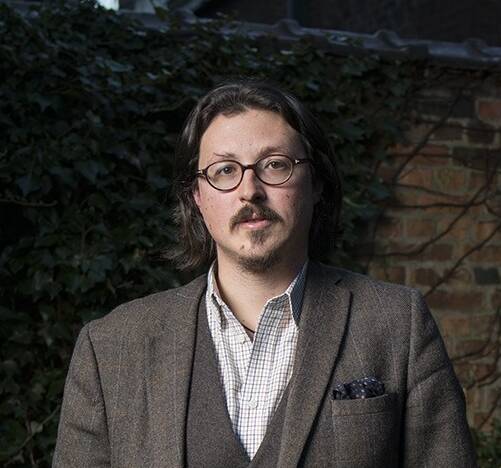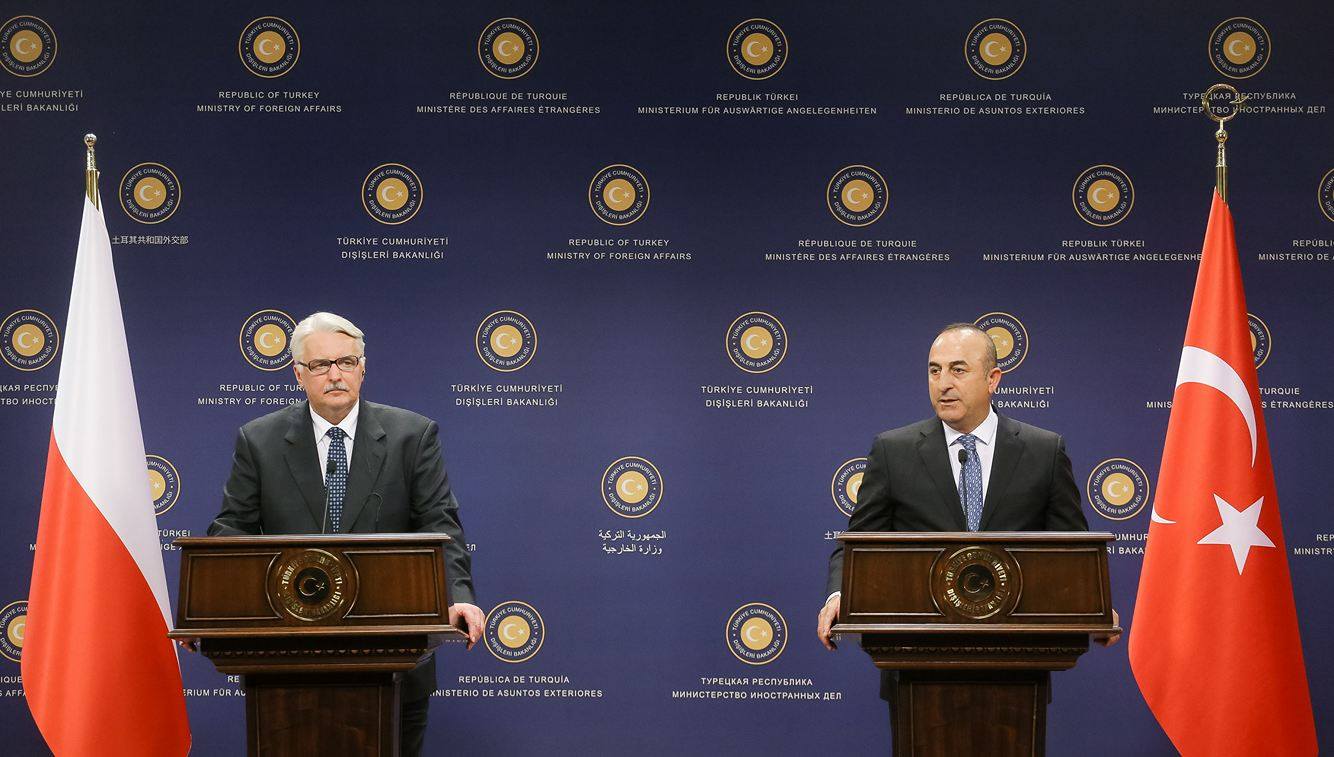A few days ago, the Hungarian Prime Minister Viktor Orbán refused to sign one of the EU’s mundane “declarations of concern” concerning the human rights situation in Hong Kong. This provoked the standard outcry from Western media outlets that saw this refusal as another example of the “illiberal” tendencies of the rogue Hungarian state. Now far from me to belittle the events in China or to approve the measures that the Chinese government has taken to control its outlying provinces, but in light of the violent riots in the US, Spain or France, as well as the shedding of fundamental democratic values everywhere in the West, the question that should be asked is: “Should one throw stones when sitting in a greenhouse?”.
The West very much showcases itself in the media as being the defender of human rights. Yet, when no-one is looking too closely, it signs huge contracts with those same governments it denounces and is only too happy to cuddle up to dictators providing that they are “on our side”. Such considerations should not be interpreted as a cynical call for morale relativism. On the contrary, I believe that
the West should start applying a certain ideological consistency in order to gain some much-needed credibility and stop the disgust felt by both its citizens and neighbours when confronted with typical Western double standards.
If foreign policy is to be solely based upon upholding human rights, which is what the EU wants everyone to see it as, then they should firstly be applied within its member nation states and then outside its borders in a fair and coherent manner, which would lead to almost all relations with Asia and Africa to be broken, which would then entail catastrophic consequences on the EU’s economy due to its dependence on the industrial might of Eastern Asia and the impossibility of developing our own industrial capacity in the short or medium term. Are we ready to pay such a price? If so, then let’s go for it!
Another solution would consist of giving absolute priority to protecting European interests rather than “human rights” and to build the foreign policy of our continent, initially at least, on achieving total strategic independence as well as maximising our economic autonomy.
All of this would create a solid, strong and credible position to defend law and justice throughout the world.
But we are so far from this ideal, even more so since the European political elites have lost all sense of geopolitical reality or have become instruments of influential lobbies that are pursing their own objectives (which are seldom for the good of Western civilization). The world to come will be dominated by economical-political zones of influence which, while battling between themselves to have some form of sway, will not be in a position to be able to achieve worldwide domination in the long term. China, India, Russia, the United States and Brazil are the heart of new multilateral empires that, at best, maintain the precarious equilibrium but, at worst, could spark self-destructive conflicts.
Europe has to face up to this reality, whether it wants to or not. It has to consider herself as a player in this new and dangerous “Great Game” and endow itself with the necessary institutions in order to play the game actively and efficiently. In order to do this, it will be necessary to show how wrong all those that still believe a Europe of 40 squabbling miniscule nation states would still be able to hold their own in this game are, as well as to show once and for all that
those that say they are defending European interests are in fact only selling them off to the highest bidder.
However, this can only come to be if there is a collective wake-up call around our common historical identity, as without this identity the hopes to create a European-wide political cohesion and solidarity will remain just a myth and Europe will not be ready to face the challenges of the 21st century.




